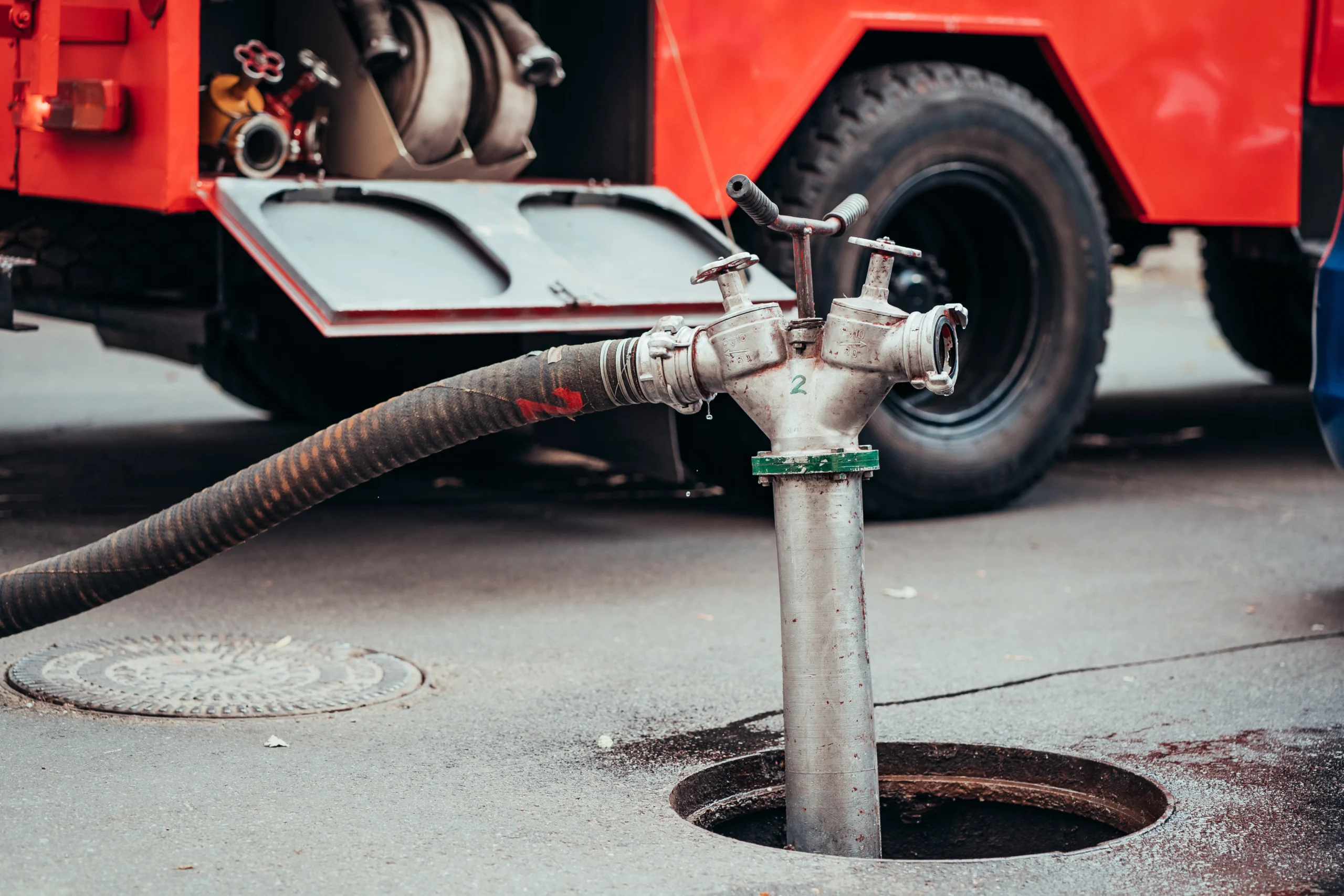Clogged drains are a common issue for homeowners and businesses across Pittsburgh, PA. While a slow drain or backed-up sink might seem like a minor inconvenience, these problems often signal deeper plumbing issues that, if left untreated, can lead to costly repairs. Understanding the common causes of drain blockages in the Pittsburgh area can help you prevent them and keep your plumbing system running smoothly.
1. Tree Root Intrusion
Pittsburgh’s older neighborhoods often feature mature trees with deep root systems. These roots can find their way into underground pipes through small cracks or joints. Once inside, they continue to grow and block water flow, causing serious clogs and even pipe damage.
2. Grease and Food Buildup
In many Pittsburgh homes, kitchen drains become clogged due to the improper disposal of grease, oils, and food scraps. Even if you run hot water after pouring grease down the sink, it eventually cools and hardens inside the pipes, trapping other debris and creating stubborn blockages.
3. Hair and Soap Scum
In bathrooms, hair and soap residue are major culprits for clogged showers, bathtubs, and sink drains. Over time, these materials stick to the sides of pipes and form solid clumps that restrict water flow.
4. Aging Plumbing Infrastructure
Pittsburgh is home to many historic buildings with outdated plumbing systems. Older pipes made from cast iron, clay, or galvanized steel are more prone to corrosion, mineral buildup, and collapse. These issues increase the likelihood of blockages and slow drainage.
5. Flushing Non-Flushable Items
Toilets are designed to handle human waste and toilet paper. Many clogged drains in Pittsburgh result from flushing items like baby wipes, paper towels, feminine hygiene products, and cotton swabs. These products do not break down in water and can cause serious clogs in the sewer line.
6. Heavy Rain and Flooding
Pittsburgh’s weather patterns can contribute to drainage issues. During periods of heavy rain, excess water can overwhelm drainage systems and cause backups in basements and ground-level drains. Poor yard drainage and clogged outdoor drains are especially common in low-lying areas.
7. Improper Drain Installation
Some clogs result from poorly installed plumbing. If your drainpipes lack proper slope or are too narrow for your household’s water usage, it can lead to frequent clogs and backups. This is especially common in older Pittsburgh homes that may have gone through multiple renovations.
Tips to Prevent Clogged Drains in Pittsburgh, PA
Here are a few ways to help keep your drains clear and your plumbing system in good condition:
- Avoid pouring grease, coffee grounds, or food scraps down the sink.
- Use hair catchers in showers and tubs.
- Flush only toilet paper and waste.
- Schedule regular drain cleaning or plumbing inspections.
- Upgrade old pipes if you’re experiencing frequent issues.
When to Call a Professional Plumber
If you’re dealing with frequent or stubborn clogs in your Pittsburgh home or business, it may be time to contact a licensed plumber. Professionals have the tools and experience to identify the problem, whether it’s a simple blockage or something more serious like tree root intrusion or pipe damage.
Don’t let clogged drains disrupt your daily routine. Knowing what causes them and how to avoid them can save time, money, and stress in the long run.
